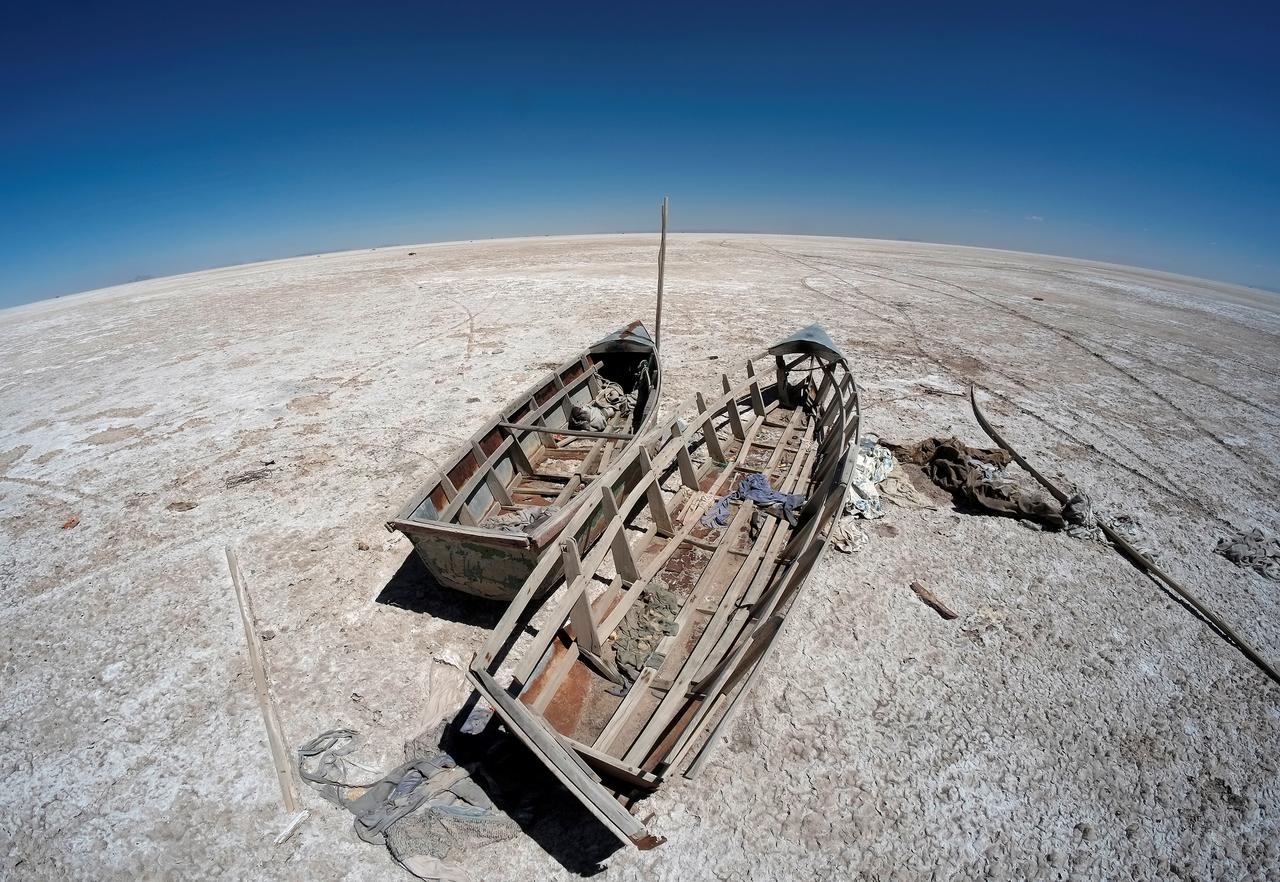
The next calamity
Climate trauma and the Covid crises are an eye-opener for mankind
The Covid-19 pandemic could reduce global carbon emissions to levels last witnessed in 1945 after WWII. Global carbon emissions have already dipped by 17%. This leaves many environmentalists optimistic about the future. While the pandemic is causing unprecedented havoc, mankind will soon defeat the virus through science and technology. A vaccine will soon be discovered. However, this is only the beginning of a much bigger problem. While the current focus is on responding to the pandemic and on coping with its immediate effects — the next global crisis is already underway. The world must be ready to face the next calamity: ecological disruption.
Once the Covid-19 pandemic ends, the world will again be gripped by high levels of carbon emissions, increased industrial activities and further exploitation of natural resources. When nature was finally showing signs of recovery, man’s activities will once again disrupt our already vulnerable ecosystem, and climate inaction will come back to haunt us.
There are various diseases in the ice and they are waking up. Accelerated climate change is melting permafrost soils that have been frozen for millennia. As soils melt, they release ancient viruses and bacteria. Is it not possible that the roots of the next pandemic will be from these melting ice-zones? Human contact with animals has proved to be sources of over 70% of the new infectious diseases. With the planet’s ice on fire, new diseases and viruses will be worse than the existing pandemic.
Accelerated climate change is causing sea levels to rise at an alarming rate. Many small islands have started to vanish. Kiribati, an island in the Pacific Ocean, witnessed one of its coastal villages disappear as rising sea levels inundated a seawall. In 2018, an uninhabited islet off the coast of Japan could no longer be found presumably because it had sunk beneath the water’s surface. What will happen when seawater inundates our heavily populated coastal cities?
The world’s marine life is also in peril. Scientists estimate that for decades, the ocean has been absorbing more than 90% of the sun’s heat which has resulted in ocean acidification, which threatens the existence of marine animals and plant species. Not to forget, over 50% of the world’s coral reefs have disappeared due to global warming. Reefs have the ability to protect coastlines from the damaging effects of wave action and tropical storms. Today, they face an existential threat.
Once ecological collapse becomes more evident, no lockdowns will come to the rescue.
One simply cannot imagine how ecological collapse will look like in South Asia, the region most vulnerable to climate change. Due to political uncertainty, poverty and economic disparity, South Asian countries have ignored climate change. Deadly heatwaves and intensifying droughts will only exacerbate its poverty statistics. By the end of this century, crop production in South Asia is expected to drop 30%, particularly with essential food items such as rice, wheat, and sugarcane. With millions already food insecure, South Asian governments must adapt to climate change’s impact on the region.
Climate trauma and the Covid crises are an eye-opener for mankind. We cut down trees, farm extensively, pollute the air and destroy the marine ecosystem.
Given that we will have to tackle climate change and pandemics in the future, the key lies in global cooperation and coordination. When countries will share information, work together to mitigate climate stress and develop medicines and vaccines, chances of winning against calamites will indeed become a reality.
Ecological collapse is inevitable. The evidence is grim and requires immediate attention. Humankind has the power to mitigate the ecological collapse, but it will require a drastic reorganisation of our technological, social, and economic systems. The world must divert budgets towards climate protection, cleaner cities, control emissions and on building health resilience. This is the only pragmatic solution.
What follows ahead is unknown. No one could predict the magnitude of the Covid-19 crisis. But the warning signs of ecological collapse are already here. Let’s not be complacent about it.
Published in The Express Tribune, June 4th, 2020.
Like Opinion & Editorial on Facebook, follow @ETOpEd on Twitter to receive all updates on all our daily pieces.










COMMENTS (1)
Comments are moderated and generally will be posted if they are on-topic and not abusive.
For more information, please see our Comments FAQ